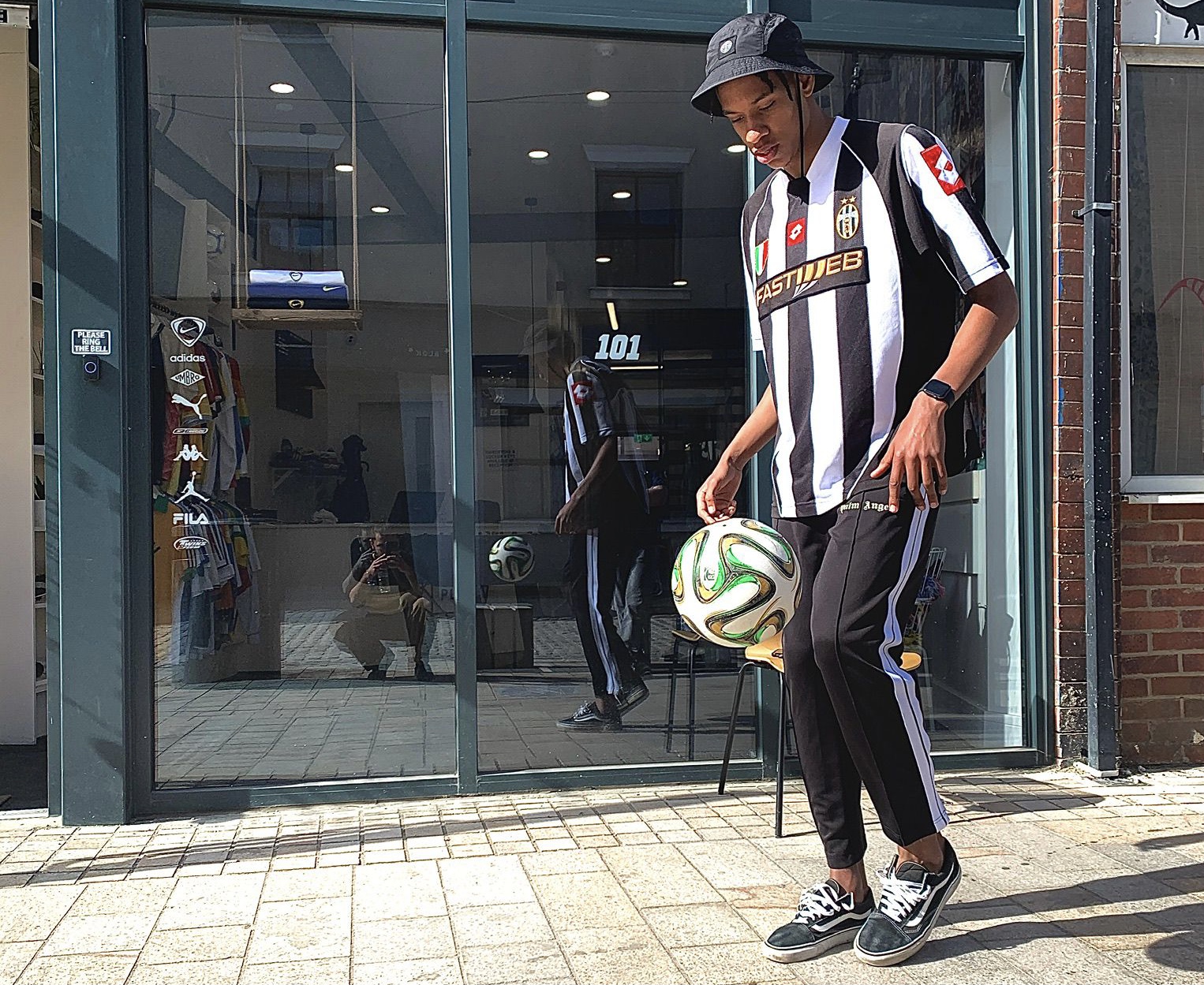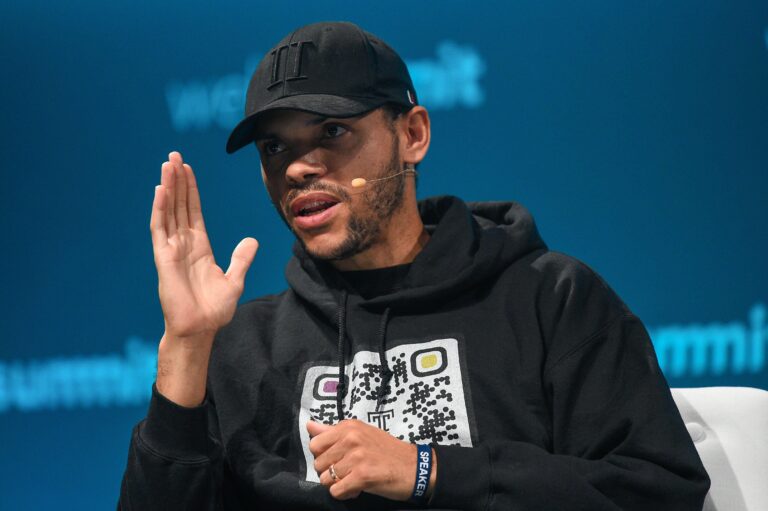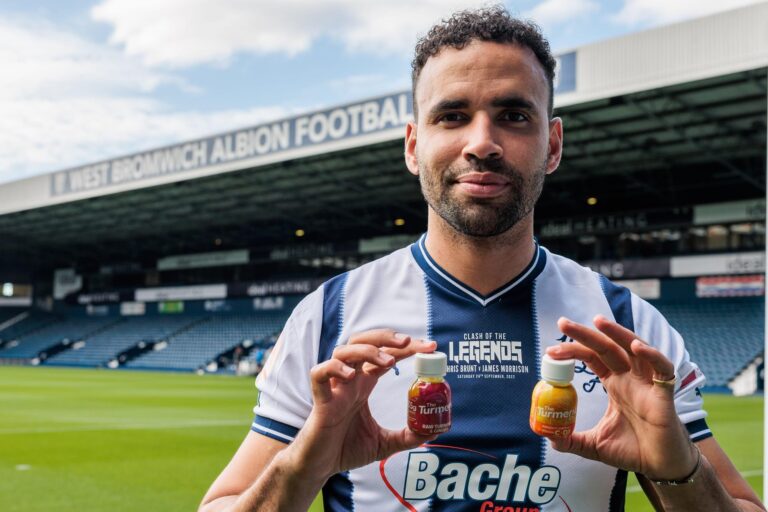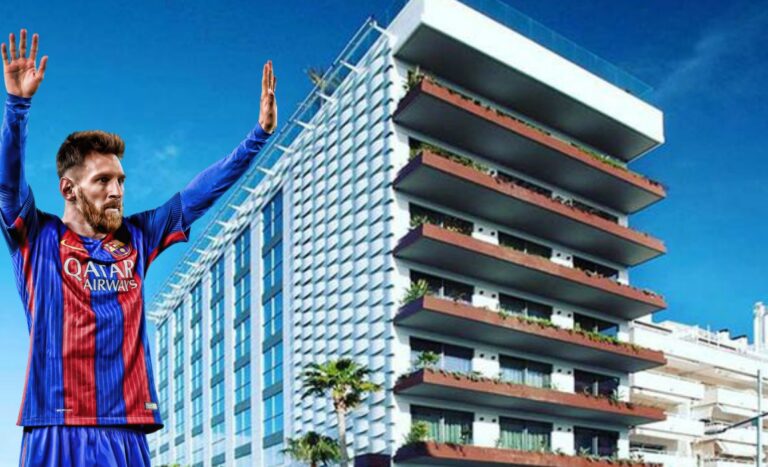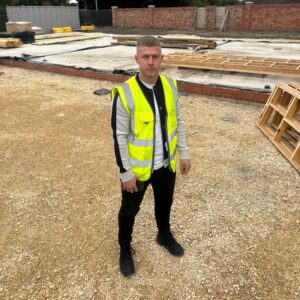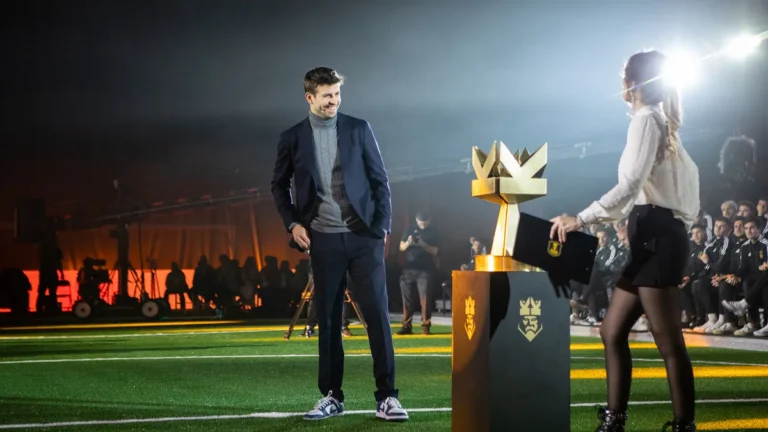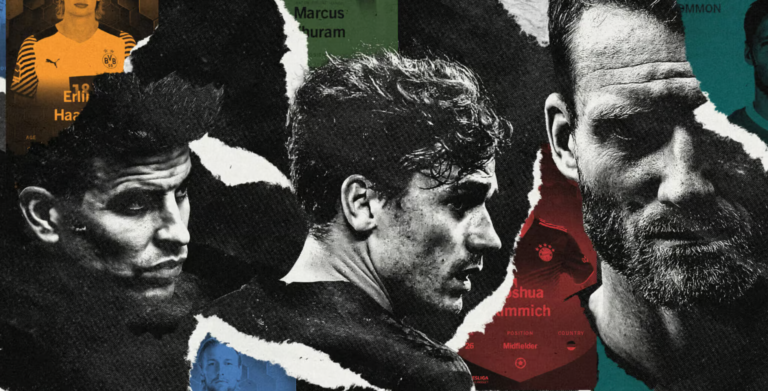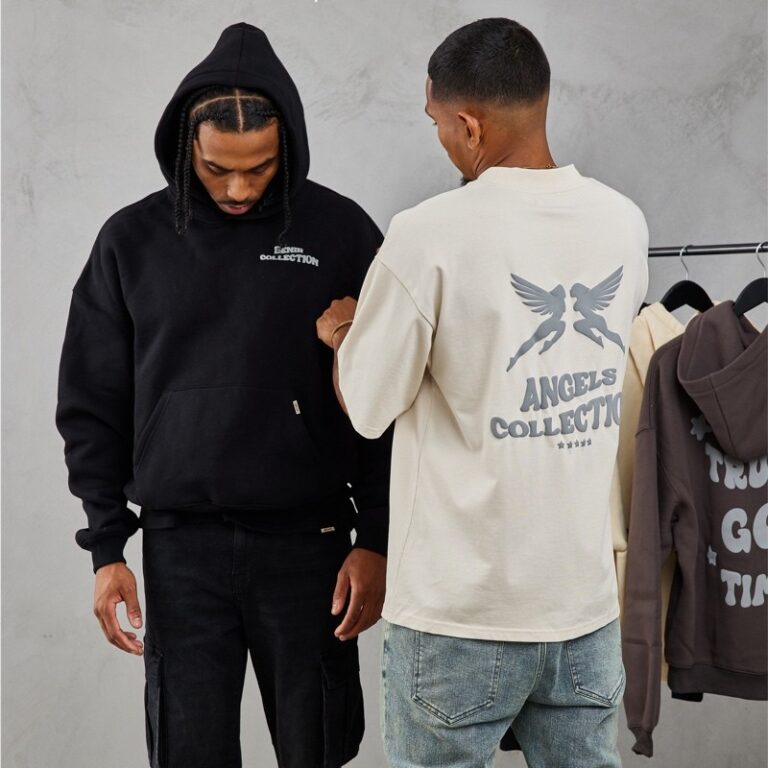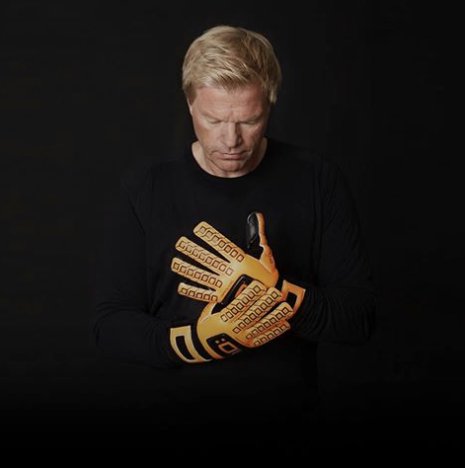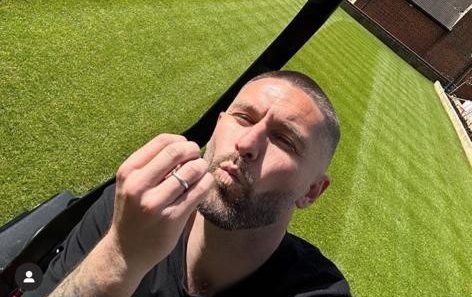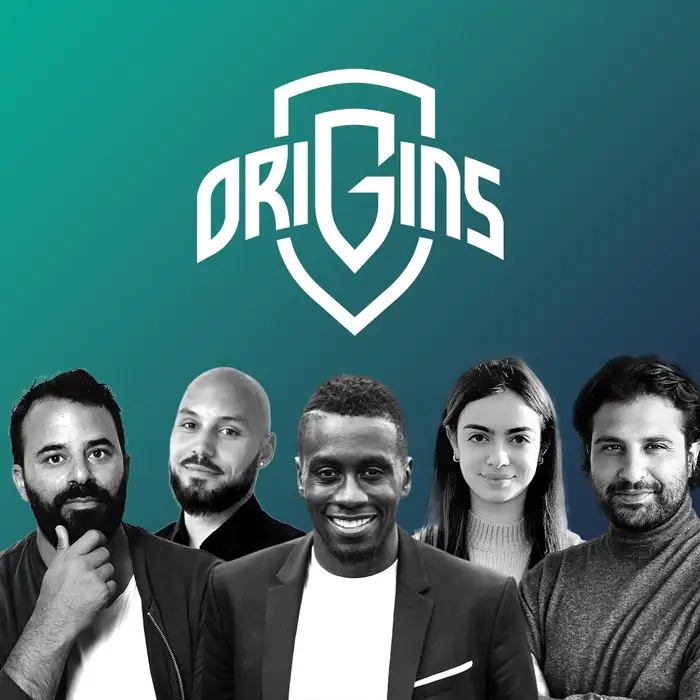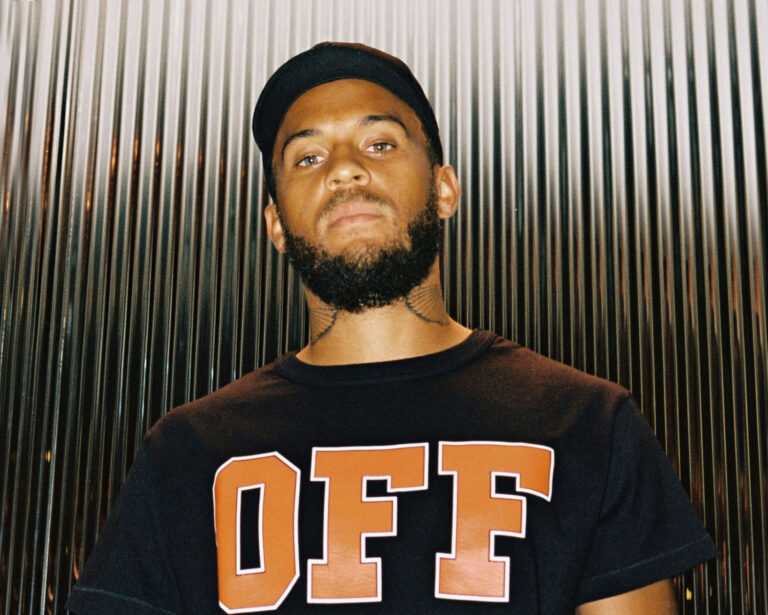The key to success is maturity at a young age. Just ask Cristiano Ronaldo, Lewis Hamilton, or Serena Williams. These greats knew what they wanted way before their peers.
Alistair Smith fits this description perfectly. He’s intelligent, hungry to learn, and a damn good player because of it.
I met Ali when he was 21. He was only interested in productive conversation — a lot less could be said of players his age. And as if he wasn’t cool enough, he wasn’t the boastful type either. I came across his businesses online. I had no idea, and the guy was my teammate! Did I mention he has a degree in physiotherapy?
So of course I interviewed him. He told me:
- How he got started
- What motivated him
- His advice for other players
Alistair, tell us about your background and what you’re working on.
I’m currently a player for Lincoln City in League 1. I started in the Hull City Academy at age 6 and was there until 16. I then moved to Mansfield Town, where I spent 2 years before signing a pro contract.
During my second year, I made my debut and played 12 league games. In between those appearances, I continued my development with loans at Pickering Town FC and Kettering Town. Last season I joined Altrincham FC on loan. I then signed a permanent contract with them for 18 months. This was my best period of consistent performance.
Being part-time, opened my eyes to a lot of possibilities outside of football, and so I launched The Performance Lab with a friend. We provide football coaching, along with strength and conditioning sessions for athletes. Initially, we were only focused on pitch-based training until a client mentioned he had an available gym space. We then incorporated S&C sessions, which added a lot of value to our business. We pretty much took over the gym soon after due to the amount of clients we brought in.
The gym was in a two-story building with a reception area downstairs. I started thinking of ways to utilise the space. We decided on creating a football-themed, vintage clothing store named 101st. Urban culture is a growing trend in the UK but I felt Hull was a little behind, so that was our gap in the market. It made sense for us, we’re both heavily into football and enjoy vintage fashion. We’re also conscious of the environment and feel that the effects of mass production is a real problem. This is why we chose to take a sustainable route with our brand.
What motivated you to start these businesses?
Dropping out of full-time football was an eye-opener. I started thinking, football wasn’t as secure as I once thought. It allowed me to step back and look at things from a different perspective. Naturally, football isn’t something I can sustain for a very long time, and like a lot of older pros say…your career goes by so quickly. We hear of so many players that retire and struggle, either financially or with finding purpose in their lives. I thought I don’t want to be a victim of that.
I’m glad for my experience in part-time football. Without it, I wouldn’t have taken the time to realise these things. In a full-time environment, you’re constantly thinking about your game. My schedule gave me the time to assess and think long-term.
Do you have any employees?
Yes, we have a coach with The Performance Lab who is great. We have a group of store merchandisers for the 101 store, along with a team of technical staff. They manage everything online, from our website and marketing to social media content. At the start, my friend and I thought we could do everything ourselves, but we realised we would need to delegate as we grew.
How have you acquired customers?
Initially, it was all through word of mouth. Both companies are in the same location and align well with each other, which helps. We have seen a bigger opportunity to scale with the store. We’ve recently launched a Shopify site which has become our main source of revenue. This has allowed me to be more involved while I’m away.
We don’t rely on paid advertising at the moment, although we do run modest campaigns for collections using Facebook ads. Our sales usually come organically via social media. We’re lucky in that Hull is quite a small city, so once we launched and started building relationships with our customers, we saw repeat sales and a community taking form.
What are your goals for the future?
We understand The Performance Lab isn’t super scalable. Our goal is to help the local community. Funny enough, I met my friend and business partner during a futsal session run by a local school. We’d love to replicate that for the younger generation.
With the introduction to the 101 online store, we see endless possibilities. We plan to reach all parts of the country and potentially expand overseas. The aim is to make 101 a recognisable brand in vintage sportswear.
We will keep the physical store, as it gives us the chance to show our company culture. Our shopkeepers bring a great vibe that our customers feel when they visit.
What are the biggest obstacles you’ve faced and challenges you’ve overcome?
Hiring has been the biggest challenge. Having a lot of staff can help, but if they aren’t all pulling in the same direction, they can become more of a burden than a help. Employing the right people is so important to your business and it shouldn’t be rushed. We’ve learned what works for us over time.
Have you found anything to be particularly advantageous?
Personally, it would be reading. Books like ‘Rich Dad Poor Dad’ and ’48 laws of power’, opened a whole new world to me. They taught me the importance of additional sources of income and human interaction.
The technical team is always improving and taking courses to help grow the business. Not many people know that Google have loads of free courses on subjects like marketing and design.
What would your advice be to anyone starting?
I’d say to not put too much pressure on yourself in the beginning. Think of something you love doing, and try to turn it into a profitable business. Don’t fear that it will affect your football. You’ll find having an interest away from the game helps to refocus your mind when you return to training.
Even at the highest level, players find themselves with a lot of free time and often delve into the wrong things. As players, our self-worth is based on our last training session. That isn’t healthy. I’ve found a balance within myself, I don’t get bogged down if I have a bad training session, I keep my mind occupied.
In the world of social media, players are pigeonholed into one title. And when you’re only known for that, it can become part of your belief system. We’re so much more. I’m sure you’re reading this because you want to get started… so do it! There’s no time to waste.
Wise words Alistair!

